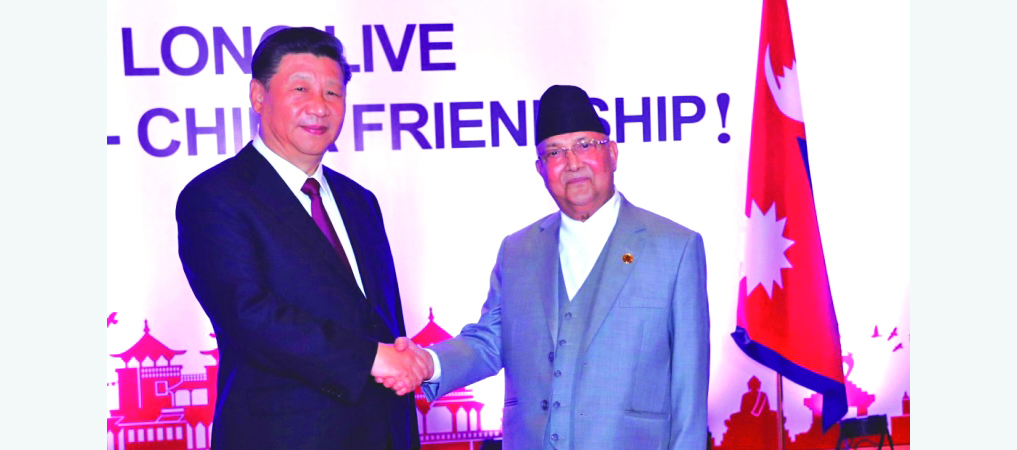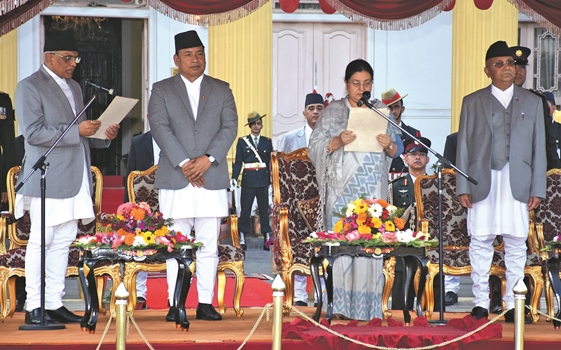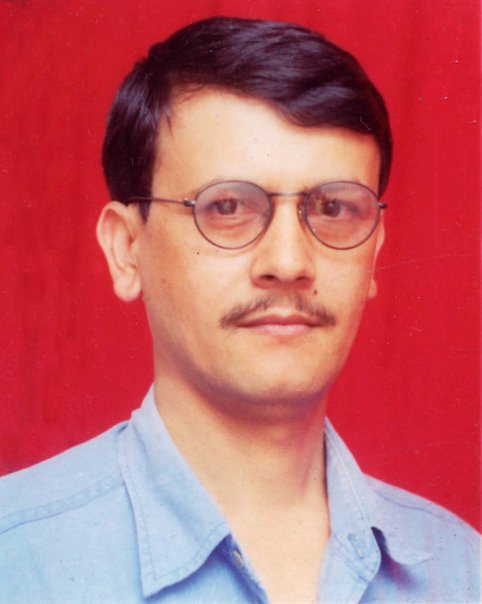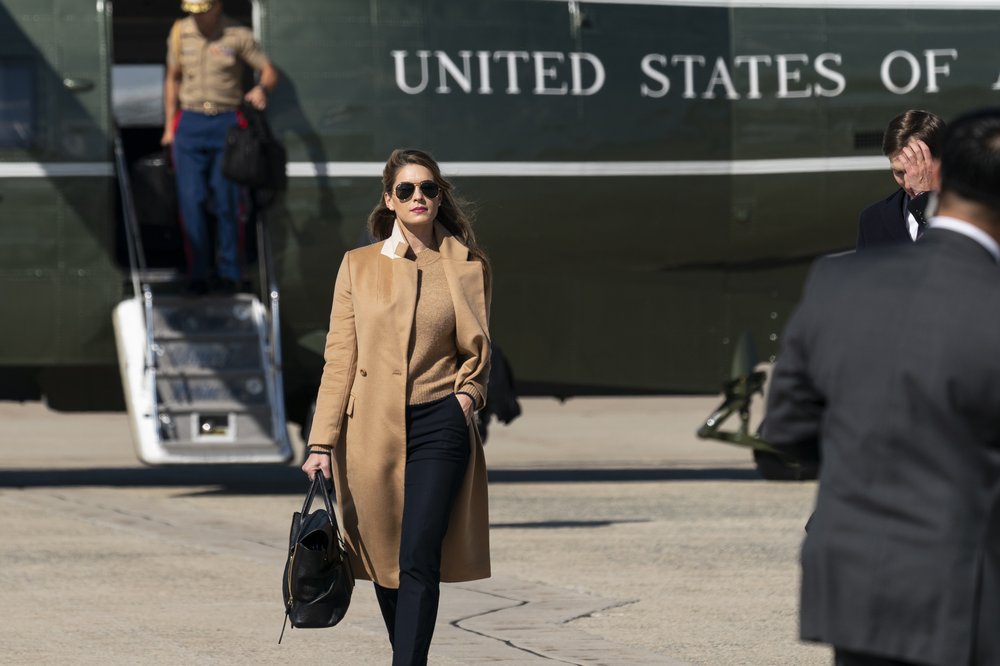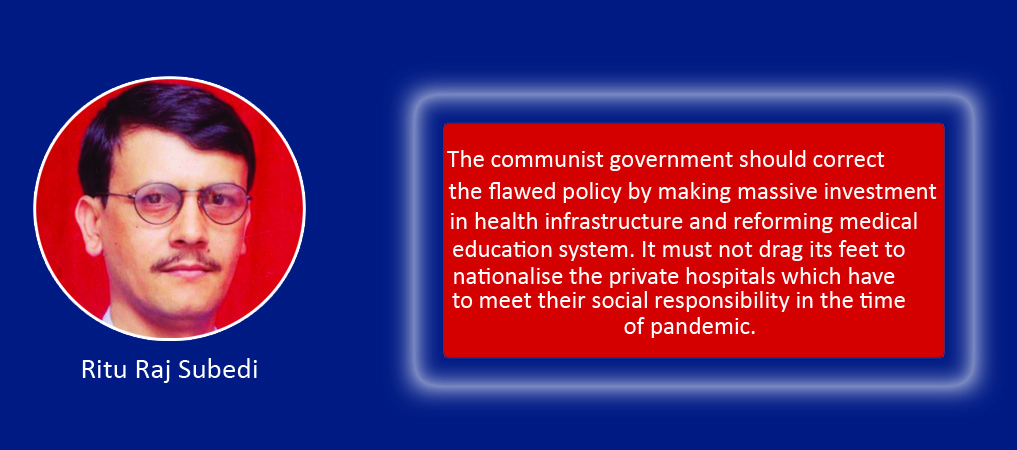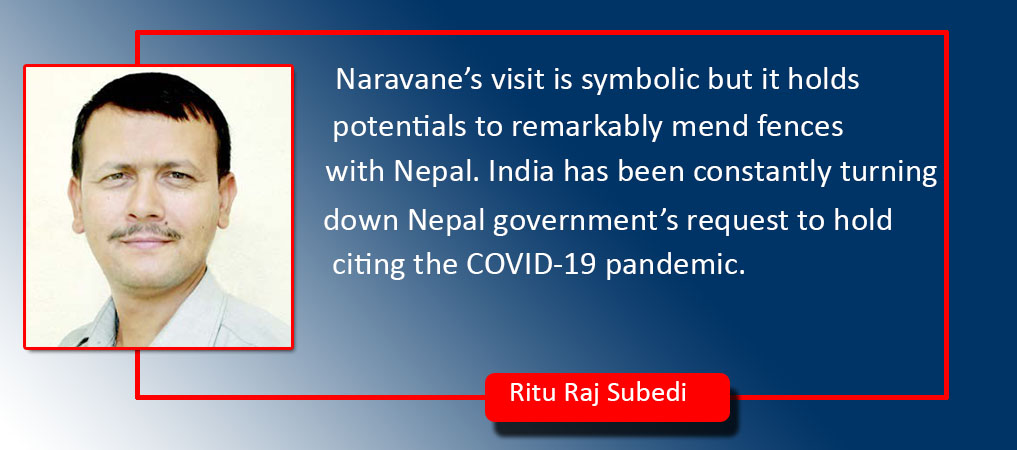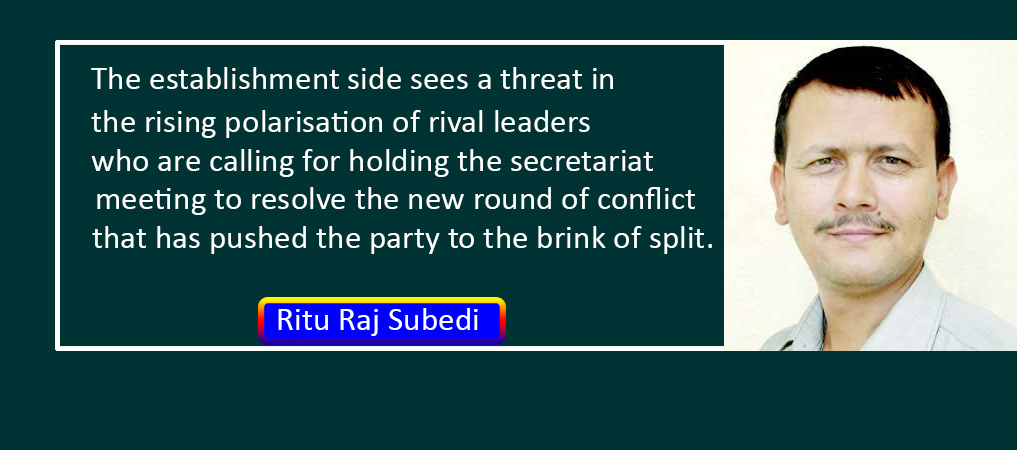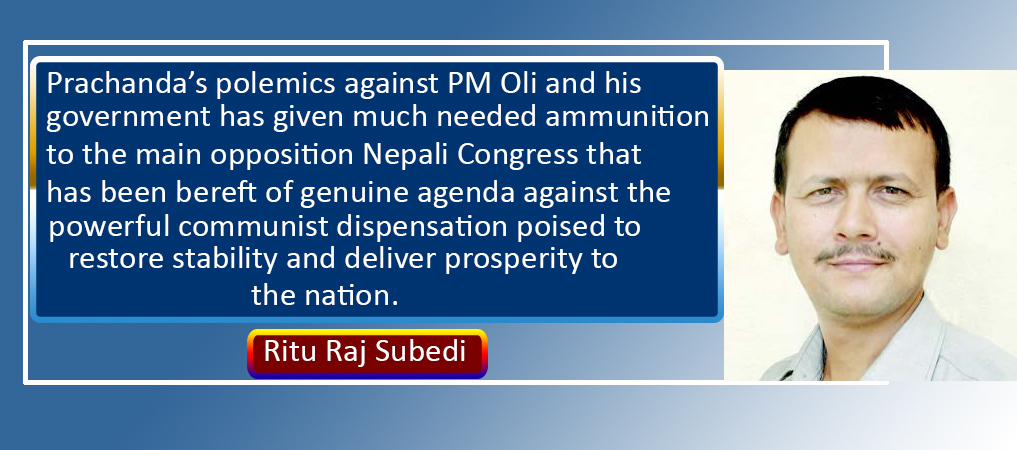Moment To Revamp Ideology, Leadership
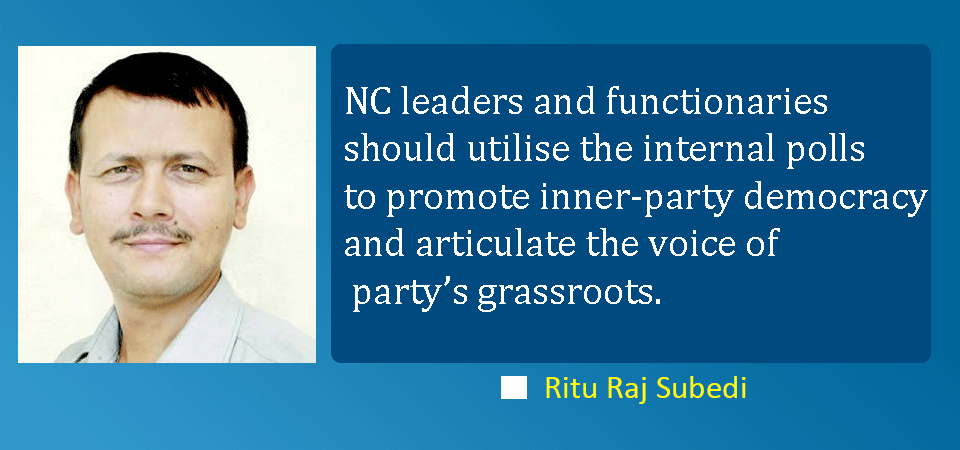
Ritu Raj Subedi
THE ruling Nepali Congress (NC) is holding a series of internal elections to pick leaders for different rungs of organisation and delegates for its 14th general convention slated for the last week of November. The national jamboree that occurs every five years is the moment of democratic renewal for the country’s oldest party in existence.
It is expected to bring new blood and fresh ideas into the party to address the emerging political and societal challenges. No doubt, the party conventions offer appropriate platforms to review and discuss the ideology, policies and programmes to give a new direction to the party.
As the election has heated up the NC’s intra-party politics, the leaders are involved in forming new alliances. Basically, the NC has two big factions - one led by President and Prime Minister Sher Bahadur Deuba and another by senior leader Ram Chandra Poudel.
However, these factions have been also divided into sub-factions, making the contest for the party chief exciting and intense. Deuba expressed his desire to retain the presidency for the second time but he has met tough resistance from the Poudel camp. Besides, former general secretary and Deuba’s close aide Bimalendra Nidhi has already announced his candidacy for the post of president. He seems to be determined to cook Deuba’s goose.
Challenges
Apparently, Deuba looks unfazed at the desertion of his camp by Nidhi because of growing number of aspirants in the Poudel camp - Paudel himself, general secretary Shashanka Koirala, former general secretary Prakash Man Singh and Shekhar Koirala. Shashanka and Singh are the NC princelings and want to cash in on the glowing legacy of their fathers – BP Koirala and Ganesh Man Singh - respectively.
Despite several rounds of meetings, the Poudel camp has been unable to forge consensus for a single candidate much to the delight of Deuba. It can mount a real challenge to Deuba if the leaders stand united. They also agree that if they are divided in the convention, they can’t defeat Deuba but finding a common candidate of president is like a hard nut to crack for the Poudel faction. The division within the Paudel camp has now eased Deuba’s tension and will make up for the loss incurred due to Nidhi’s severance from his group.
Central committee member Kalyan Gurung has also announced his candidacy for the post of president. Former general secretary Krishna Prasad Sitaula, who has allied with Deuba in power sharing, is also set to throw his hat in the ring but underdog Gurung and Sitaula are unlikely to impact the two-way battle between the Deuba and Poudel factions. This time the NC convention is likely to catapult young leaders to the leadership rung.
Spokesman Bishwo Prakash Sharma, and youth leaders Gagan Thapa and Pradeep Poudel have announced to contest for the post of general secretary. If any of them wins the polls, it will enable the party to pass the baton to the younger generation. This will also mark a significant step towards bridging the intergenerational gap in the party dominated by gerontocrats.
There will be making and breaking of factional alliances within the party, with the approach of the convention. PM Deuba appears to be in a better position because he is in the driving seat of the government. The NC has reaped the political windfall, thanks to the division of erstwhile NCP and downfall of the Oli government. The coalition partners have also agreed to give greater leeway to Deuba in sharing ministerial portfolios so that he can increase his clout within the party.
The November convention will shape the NC organisational structures. The hotly contested NC polls will be followed by the general elections next year so it bears larger ramifications for the party’s life. During the three-tier elections in 2017, the NC suffered humiliating defeats at the hands of the then Left Alliance of CPN-UML and Maoist Centre. Therefore, the convention offers an opportunity to bolster the party as well as revisit its ideology.
Despite the NC convention hogging the limelight, there has been little discourse on the ideology, policy and vision of the party. These days the parties have become more leaders-centric and the policy debate has taken a back seat. Some days ago, the UML held its statute convention that concluded by glorifying its chair KP Sharma Oli. Many delegates were not satisfied with the way the convention was organised.
Grassroots participation
In principle, NC has adopted the principle of nationality, democracy and socialism. In 1956, it accepted democratic socialism propounded by its founding leader BP Koirala. During his 18-month-long stay in power from May 27, 1959 to December 15, 1960, premier Koirala launched socialist programmes and abolished the feudal land system. With its rise to power in 1990, there is confusion whether it has given continuity to BP Koirala’s socialism or not. In fact, the NC government under Giirja Prasad Koirala introduced pro-market neoliberal policy that went against the grain of 1990 constitution.
The ward level polls are crucial to promote bottom-up decisions and public participation. However, there has not been any debate on party philosophy and country’s development policy at the conventions being organised at different levels. NC leaders and functionaries should utilise the internal polls to promote inner-party democracy and articulate the voice of party’s grassroots. This is a time to assess and invent the party’s ideology in the changed context.
(Deputy Executive Editor of The Rising Nepal, Subedi writes regularly on politics, foreign affairs and other contemporary issues. subedirituraj@yahoo.com)
Recent News

Do not make expressions casting dout on election: EC
14 Apr, 2022
CM Bhatta says may New Year 2079 BS inspire positive thinking
14 Apr, 2022
Three new cases, 44 recoveries in 24 hours
14 Apr, 2022
689 climbers of 84 teams so far acquire permits for climbing various peaks this spring season
14 Apr, 2022
How the rising cost of living crisis is impacting Nepal
14 Apr, 2022
US military confirms an interstellar meteor collided with Earth
14 Apr, 2022
Valneva Covid vaccine approved for use in UK
14 Apr, 2022
Chair Prachanda highlights need of unity among Maoist, Communist forces
14 Apr, 2022
Ranbir Kapoor and Alia Bhatt: Bollywood toasts star couple on wedding
14 Apr, 2022
President Bhandari confers decorations (Photo Feature)
14 Apr, 2022



